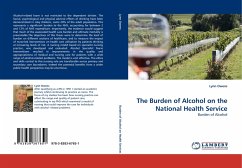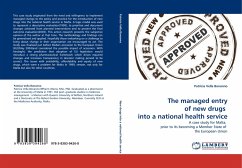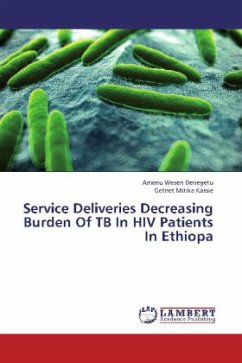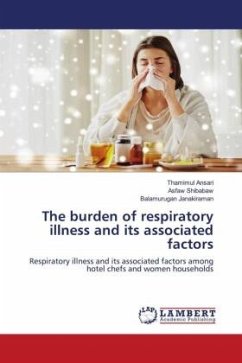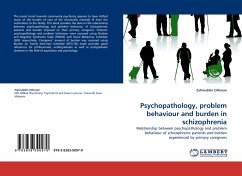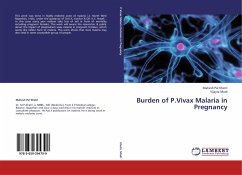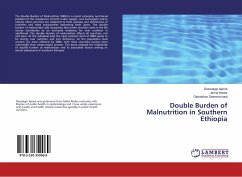Alcohol-related harm is not restricted to the dependent drinker. The Social, psychological and physical adverse effects of drinking have been demonstrated in risky drinkers, some 20% of the adult population. This represents a significant burden to the NHS, accounting for between 2 and 12% of NHS expenditure. Importantly, the evidence would suggest that much of the associated health care burden and ultimate mortality is preventable.The objectives of this thesis were to determine the level of burden on different sections of healthcare, and to measure the impact of nurse-led interventions on health care utilisation by patients drinking at increasing levels of risk. A nursing model based on specialist nursing practice, was developed and evaluated. Alcohol Specialist Nurse Interventions resulted in improvements in the quality and appropriateness of medical and nursing care for patients with a wide range of alcohol-related problems. The model is cost effective. The ethos and skills central to this nursing role are transferable across primary and secondary care boundaries. Indeed the potential benefits from a wider public health perspective may be enormous.

